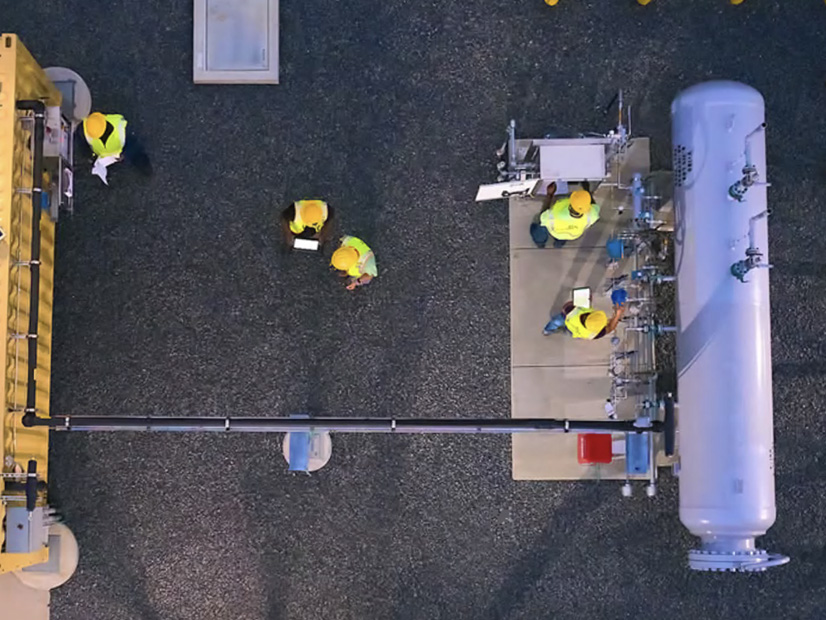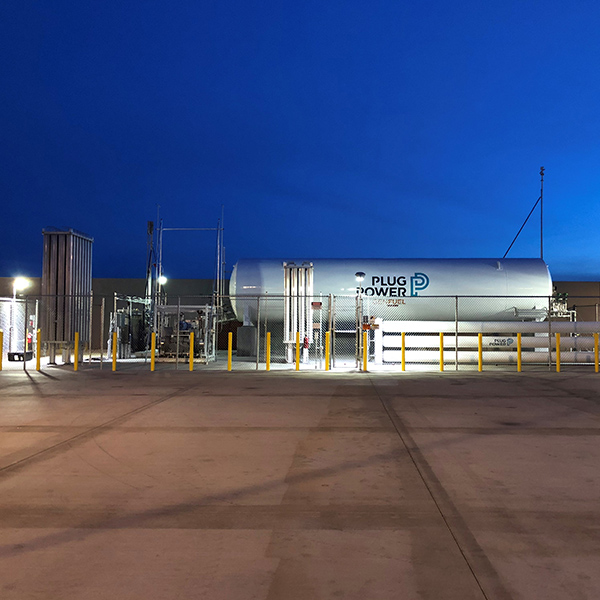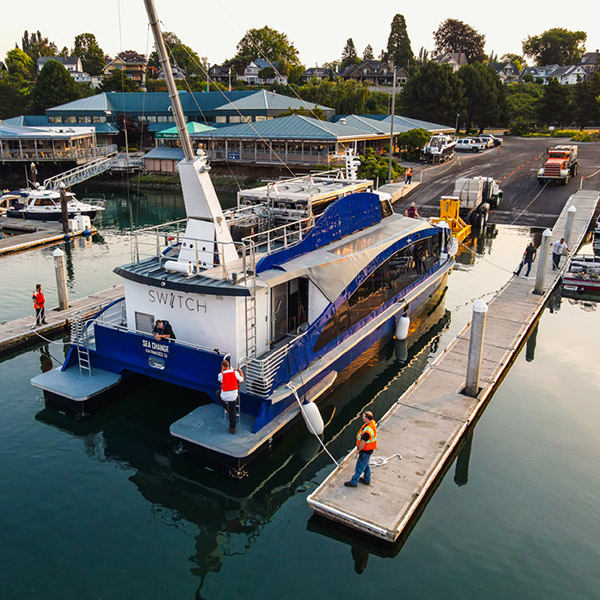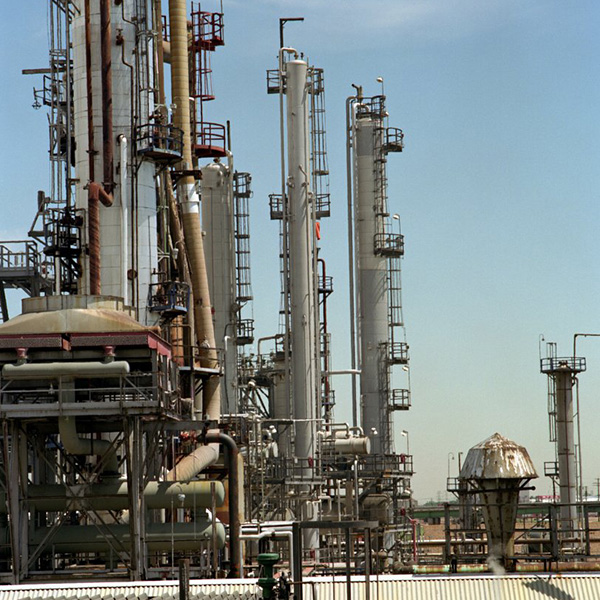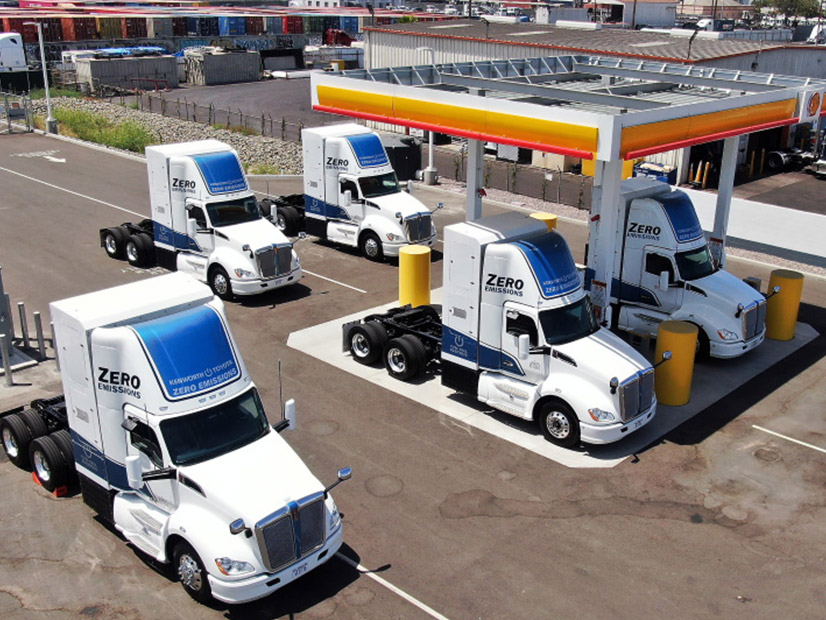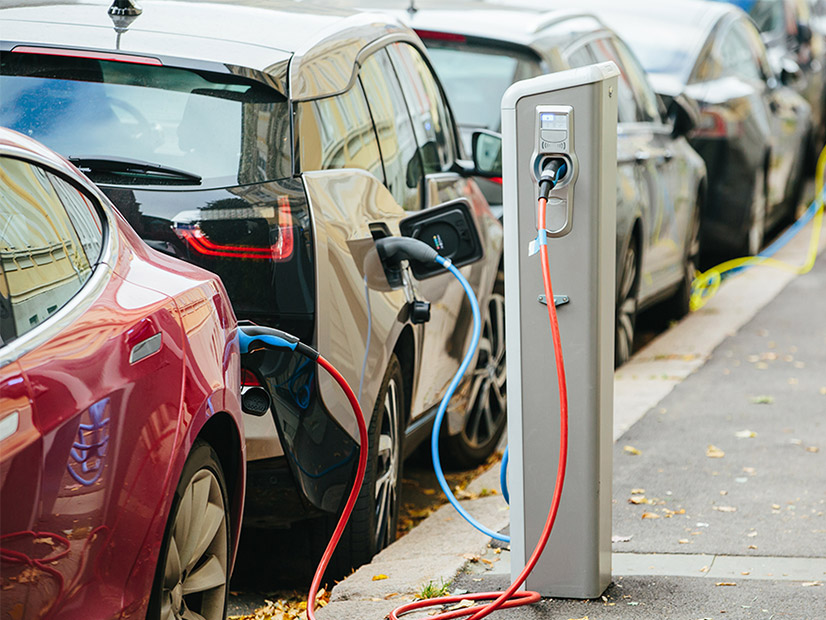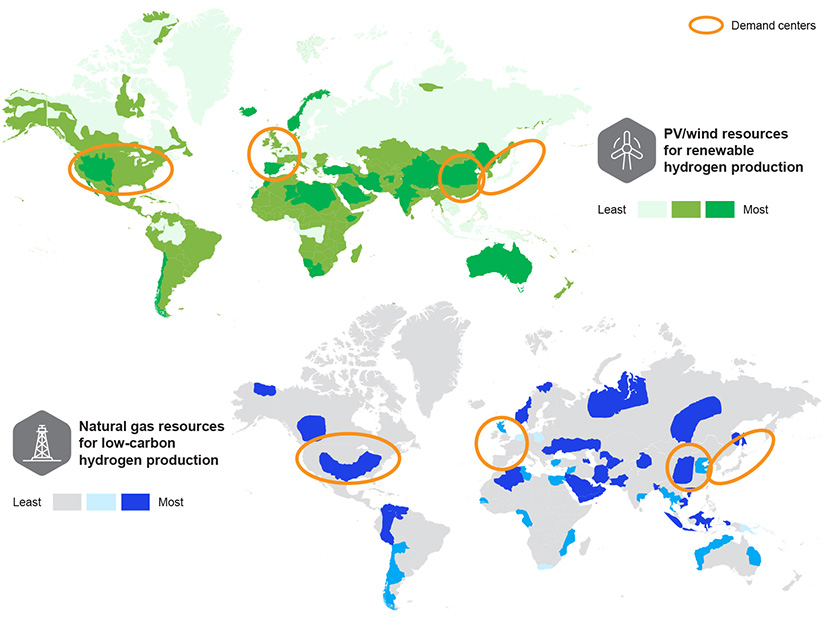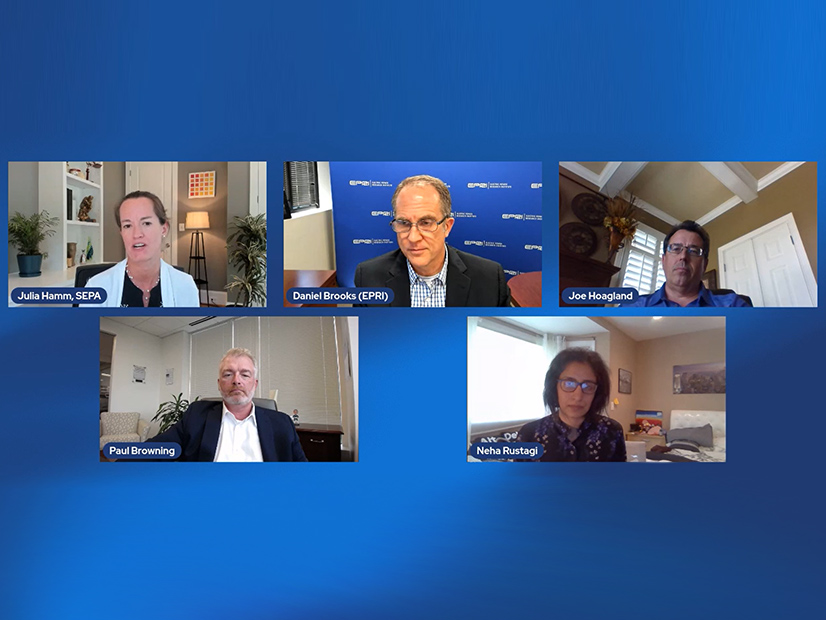fuel cell electric vehicles (FCEVs)
Hydrogen may become a key to decarbonization, but state utility regulators are discovering that they have few standardized tools to regulate it.
The race to make hydrogen the world's transportation and industrial fuel in order to reduce carbon dioxide emissions is well underway.
The gulf between the promise of hydrogen and the ability to make enough of it to help safely decarbonize the grid is a challenge now coming into public focus.
A hydrogen-fueled passenger ferry is awaiting U.S. Coast Guard approval before going through test runs in the bay off Bellingham, Wash.
Development of hydrogen-fueling stations in California is accelerating; car manufacturers should consider ramping up production of FCEVs, new report says.
A trio of engineers with the John Wood Group predicted that by 2040, the U.S. will be a global leader in hydrogen production and use.
Ten hydrogen fuel cell semi-trucks are beginning a yearlong test of their effectiveness at the Port of Los Angeles.
Connecticut’s EV program got a two-pronged boost with the announcement of improvements to a consumer rebate program and the award of a federal grant.
Hydrogen offers big opportunities for utilities, but it will also enable distributed micro grids, according to speakers at the SEPA/EPRI H2Power conference.
Paul Browning, CEO of Mitsubishi Power Americas, predicts that green hydrogen will be cheaper than blue hydrogen within this decade,
Want more? Advanced Search
